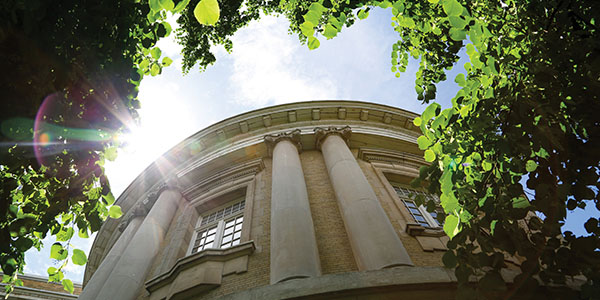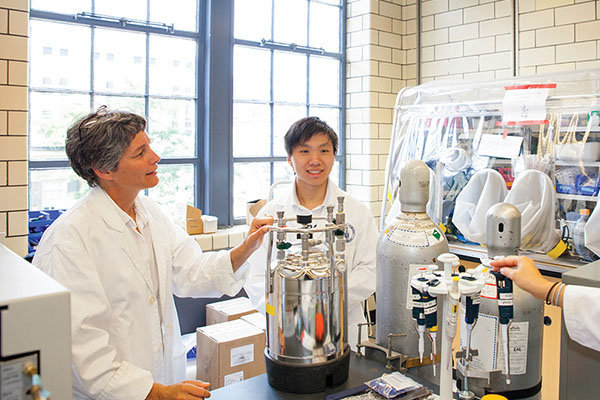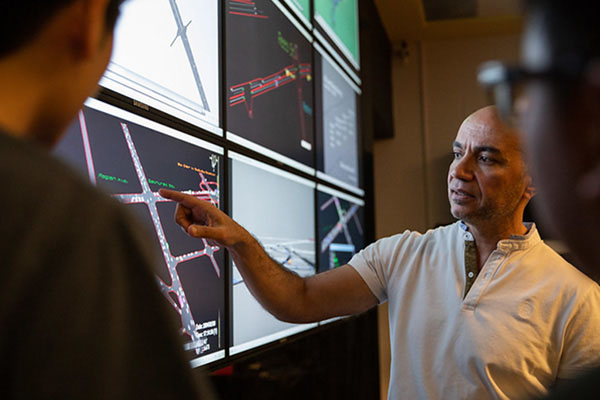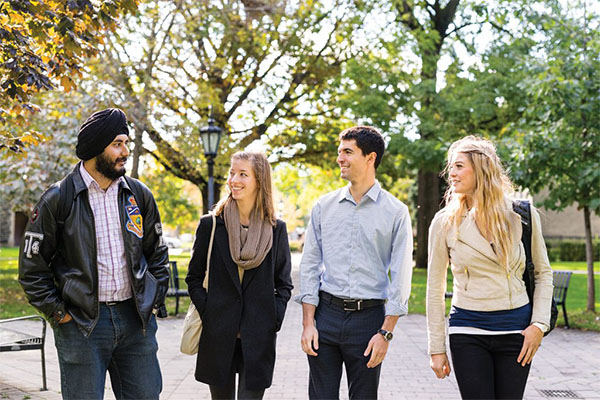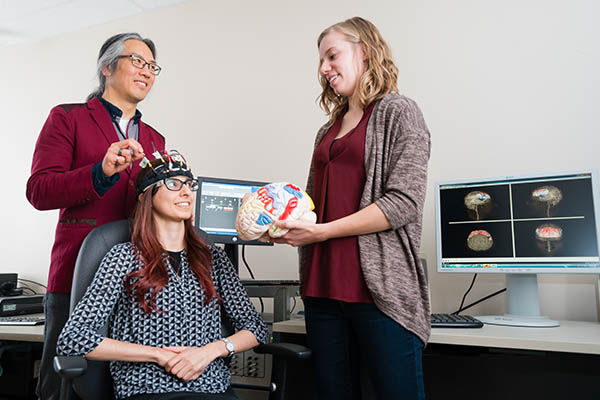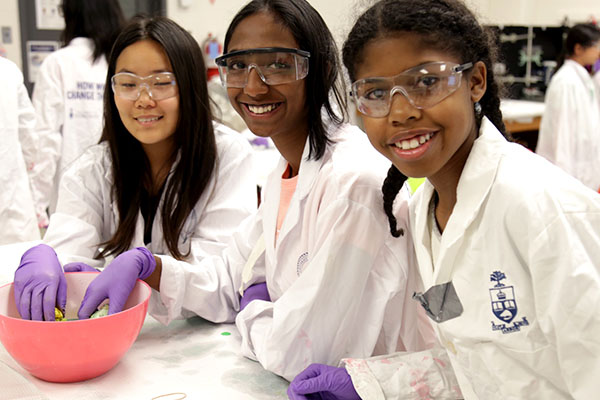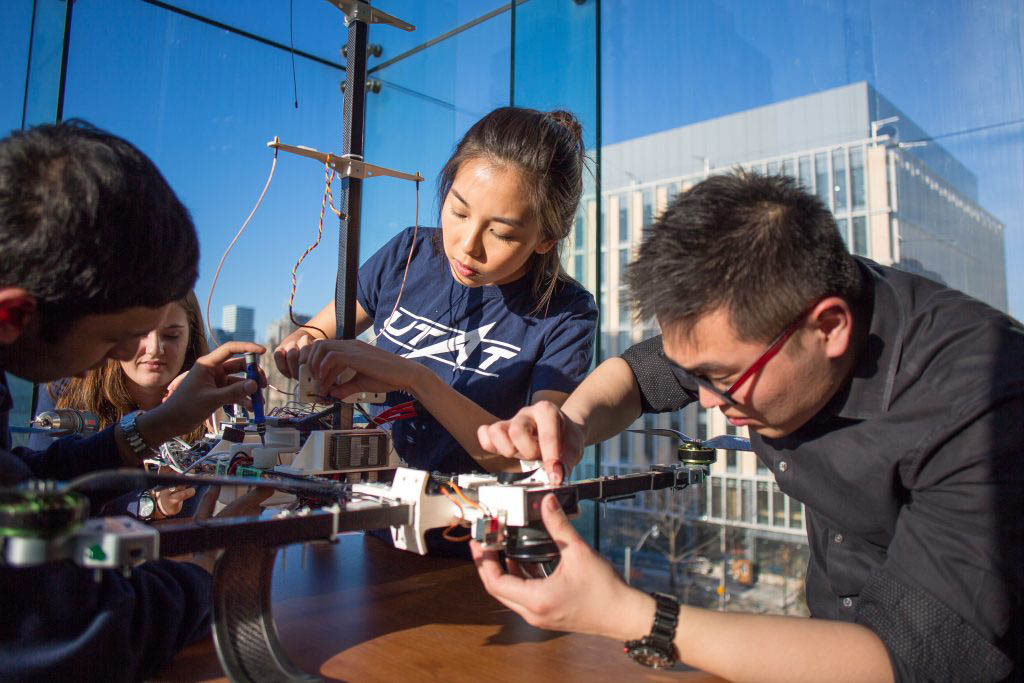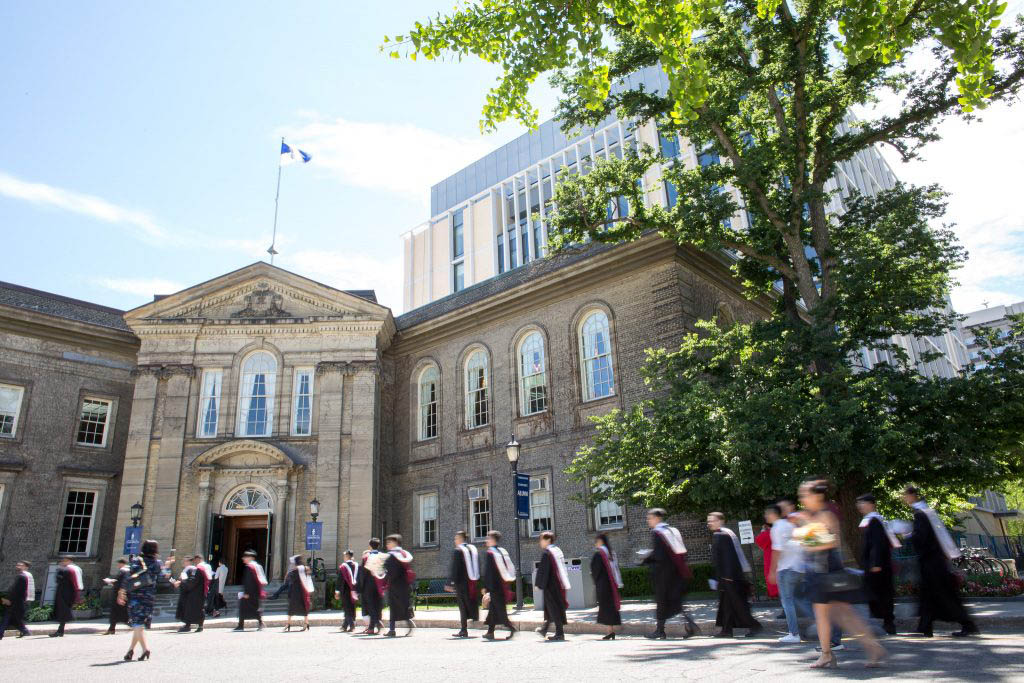Speaker: Dr. Ryan Wylie
Title: Department of Chemistry & Chemical Biology
Institution: McMaster University
Abstract: Materials to control immune responses can enhance anti-cancer responses or mitigate the systemic inflammatory response syndrome (SIRS) during life-threatening inflammatory conditions such as sepsis. Our research focuses on the synthesis of protein-polymer conjugates for the controlled delivery of antibodies to improve cancer immunotherapies and bioactive surfaces to detect cytokines in blood or remove deleterious cytokines from circulating blood to improve sepsis survival rates. Antibodies for immunotherapies have shown great promise in the treatment of several brain tumors but do not readily penetrate the blood brain barrier (BBB), resulting in low efficacy after intravenous injections.
To improve efficacy, we are developing injectable hydrogels for the Local Infusion of Immuno- Therapeutics (LIIT) such as Bispecific T cell Engagers (BiTEs) and cytokines to improve T cell effector function. Competitive affinity or displacement affinity release systems are incorporated into low fouling hydrogels, poly(carboxybetaine) to achieve immunotherapeutic release for several days to weeks. Sustained release will yield an antibody steady-state concentration (Css) above the minimum effective concentration (MEC) but below the maximum tolerable concentration (MTC) for extended periods of time. Infusion experiments in a xenograft glioblastoma mouse model are being conducted to determine efficacious infusion rates and durations for BiTEs. Spsis remains the most common cause of death for intensive care unit (ICU) patients with a 25-50% mortality rate. Fatalities from severe sepsis is due to SIRS, which is manifested by a cytokine storm. The imbalance of specific inflammatory and anti-inflammatory cytokines during SIRS may lead to organ failure and death. To modulate the cytokine storm, specific cytokines must be removed at precise times. To this end, we are developing bioactive polymeric surfaces with improved anti-fouling properties by increasing polymer densities during graft-to polymer immobilization procedures. We have previously demonstrated the selective filtration of vascular endothelial growth factor (VEGF), tumor necrosis factor alpha (TNF-α) and interleukin 1 beta (IL-1β) from circulating blood.
Biography: Ryan Wylie received his B.Sc. in biochemistry at Concordia University in Montréal, Canada. Afterwards, he completed a Ph.D. in chemistry at the University of Toronto under the supervision of Prof. Molly Shoichet studying the biochemical patterning of hydrogels. Dr. Wylie was a Banting Postdoctoral Fellow with Profs. Daniel Kohane at Harvard Medical School and Robert Langer at the MIT developing drug delivery strategies and anti-angiogenic therapies for retinal diseases, as well as blood filtration devices for the treatment of sepsis. Currently, Dr. Wylie is an Assistant Professor in the Department of Chemistry and Chemical Biology at McMaster conducting research in the delivery of cancer immunotherapeutics and low-fouling materials. Dr. Wylie’s lab is funded by the Natural Sciences and Engineering Research Council (NSERC), New Frontiers Research Fund (NFRF), Prostate Cancer Canada and Canada Foundation for Innovation (CFI).

Biomaterials for Immune Modulation: Local Infusion of Immuno-Therapeutics (LIIT) and Bioactive Surfaces | Ryan Wylie PhD, McMaster University | Special Seminar
Biomaterials for Immune Modulation: Local Infusion of Immuno-Therapeutics (LIIT) and Bioactive Surfaces | Ryan Wylie PhD, McMaster University | Special Seminar
Event Details
March 4, 2020 @ 2:00 pm - 3:00 pm
Donnelly Centre, 2nd Floor, Red Seminar Room @ 160 College St, Toronto, ON M5S 3E1
Speaker: Dr. Ryan Wylie
Title: Department of Chemistry & Chemical Biology
Institution: McMaster University
Abstract: Materials to control immune responses can enhance anti-cancer responses or mitigate the systemic inflammatory response syndrome (SIRS) during life-threatening inflammatory conditions such as sepsis. Our research focuses on the synthesis of protein-polymer conjugates for the controlled delivery of antibodies to improve cancer immunotherapies and bioactive surfaces to detect cytokines in blood or remove deleterious cytokines from circulating blood to improve sepsis survival rates. Antibodies for immunotherapies have shown great promise in the treatment of several brain tumors but do not readily penetrate the blood brain barrier (BBB), resulting in low efficacy after intravenous injections.
To improve efficacy, we are developing injectable hydrogels for the Local Infusion of Immuno- Therapeutics (LIIT) such as Bispecific T cell Engagers (BiTEs) and cytokines to improve T cell effector function. Competitive affinity or displacement affinity release systems are incorporated into low fouling hydrogels, poly(carboxybetaine) to achieve immunotherapeutic release for several days to weeks. Sustained release will yield an antibody steady-state concentration (Css) above the minimum effective concentration (MEC) but below the maximum tolerable concentration (MTC) for extended periods of time. Infusion experiments in a xenograft glioblastoma mouse model are being conducted to determine efficacious infusion rates and durations for BiTEs. Spsis remains the most common cause of death for intensive care unit (ICU) patients with a 25-50% mortality rate. Fatalities from severe sepsis is due to SIRS, which is manifested by a cytokine storm. The imbalance of specific inflammatory and anti-inflammatory cytokines during SIRS may lead to organ failure and death. To modulate the cytokine storm, specific cytokines must be removed at precise times. To this end, we are developing bioactive polymeric surfaces with improved anti-fouling properties by increasing polymer densities during graft-to polymer immobilization procedures. We have previously demonstrated the selective filtration of vascular endothelial growth factor (VEGF), tumor necrosis factor alpha (TNF-α) and interleukin 1 beta (IL-1β) from circulating blood.
Biography: Ryan Wylie received his B.Sc. in biochemistry at Concordia University in Montréal, Canada. Afterwards, he completed a Ph.D. in chemistry at the University of Toronto under the supervision of Prof. Molly Shoichet studying the biochemical patterning of hydrogels. Dr. Wylie was a Banting Postdoctoral Fellow with Profs. Daniel Kohane at Harvard Medical School and Robert Langer at the MIT developing drug delivery strategies and anti-angiogenic therapies for retinal diseases, as well as blood filtration devices for the treatment of sepsis. Currently, Dr. Wylie is an Assistant Professor in the Department of Chemistry and Chemical Biology at McMaster conducting research in the delivery of cancer immunotherapeutics and low-fouling materials. Dr. Wylie’s lab is funded by the Natural Sciences and Engineering Research Council (NSERC), New Frontiers Research Fund (NFRF), Prostate Cancer Canada and Canada Foundation for Innovation (CFI).
Upcoming Events
- All
- Alumni events
- Anti-Racism and Cultural Diversity Office events
- Convocation events
- Faculty & staff events
- Holidays
- Info sessions
- Lectures, seminars and workshops
- Socials
- U of T holidays & closures



